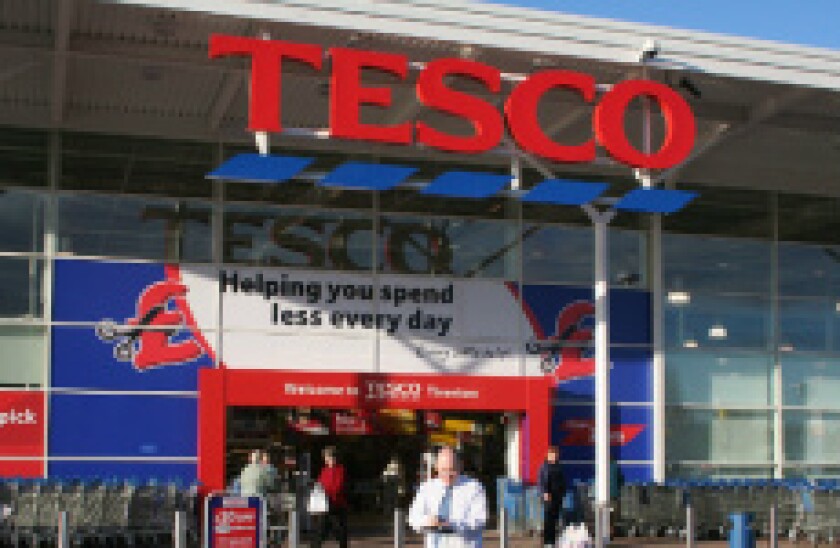UK supermarket banks are nothing new. Tesco and Sainsbury’s have fully fledged financial institutions, while M&S has a long-standing tie-up with HSBC. It’s an attractive idea in theory. With a regular flow of customers through the doors, the supermarkets enjoy high trust, collect excellent data, and have extensive marketing operations.
But Tesco’s decision to leave the mortgage market this week shows just how hard it is to make the business work across all products. The supermarket’s finance arm will now concentrate more on unsecured lending and credit cards.
The post-crisis decision to separate UK retail banks and wholesale operations, which is conspicuous for its lack of international imitators, has left the country’s largest banks with trapped liquidity that has to be lent to UK retail borrowers.
The amounts involved are staggering — HSBC’s £238bn ring-fenced entity had a liquidity surplus of £60bn — and gives the lie to the parade of initiatives about promoting competition in UK banking and boosting the so-called challenger banks.
For all the regulatory tweaks and customer switching schemes, this is enough cash to flatten the competition. Clydesdale, the largest institution outside the seven giants subject to Bank of England stress testing, had total assets of just £33bn at the end of last year.
Borrowers, though, may not care much about the quixotic drive to competition. If HSBC is forced to put a ceiling on mortgage rates for the best customers, this will drive challengers and non-banks to find more profitable lending niches.
Softer capital treatment might be little comfort for the challenger bank shareholders facing the chill wind of ring-fenced competition, but consumers will do fine despite the incoherent regulation.

